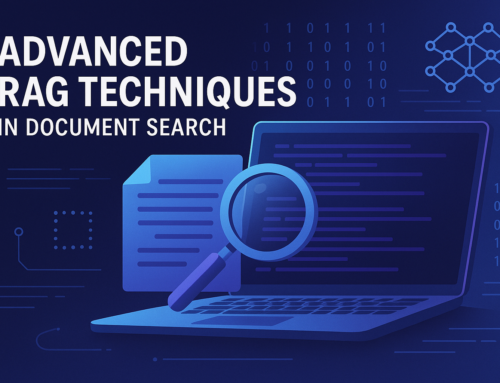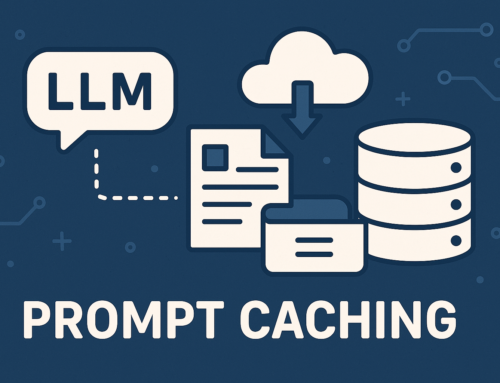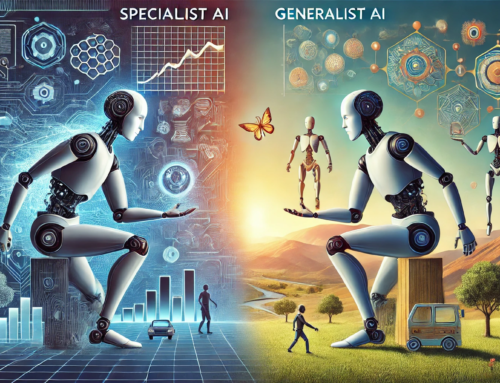In today’s business landscape, artificial intelligence has become the buzzword du jour. Every conference, newsletter, and LinkedIn post seems to herald AI as the solution to all business challenges. Some leaders feel pressured to implement AI simply to keep up with competitors, while others are hesitant to adopt it due to concerns about risks and reliability.
Here’s the truth: You might not need AI at all.
The AI Gold Rush
The current AI excitement reminds us of the dot-com boom of the late 1990s. Back then, companies rushed to get “on the internet” without always understanding why or how it would benefit their business. Today, we’re seeing a similar pattern with AI adoption. While AI certainly has transformative potential, implementing it without a clear business case is like buying expensive machinery without knowing what you’ll manufacture.
When AI Isn’t the Answer
Many business challenges that appear to call for AI can often be solved through simpler, more established technologies:
- Need to automate repetitive tasks? Traditional workflow automation tools might be more reliable and cost-effective.
- Looking to improve customer service? A well-designed knowledge base and improved staff training could deliver better results than a chatbot.
- Want to analyze business trends? Traditional business intelligence tools and statistical analysis might give you clearer insights than a complex machine learning model.
The Hidden Costs of Unnecessary AI
Implementing AI solutions without proper evaluation can lead to:
- Higher operational costs from maintaining complex systems that might be overkill for your needs.
- Decreased efficiency if staff must work around poorly fitted AI solutions instead of using simpler, more appropriate tools.
- Missed opportunities to implement more effective non-AI solutions that could deliver better results faster.
When AI Makes Sense
Despite our cautionary stance, we’re not anti-AI. We’ve helped numerous organizations successfully implement AI solutions—when it truly made sense for their business. AI can be transformative when:
- The problem involves complex pattern recognition that exceeds human capability.
- You have large amounts of high-quality data that can’t be effectively analyzed through traditional means.
- The potential return on investment justifies the significant resources required for implementation.
Making the Right Choice
Whether you’re eager to implement AI or skeptical about its value, the key is making an informed decision based on your specific business needs. This is where working with experienced consultants becomes invaluable.
A good technology consultant won’t automatically push you toward AI solutions. Instead, they’ll:
- Help you clearly define your business challenges and desired outcomes.
- Evaluate whether AI or alternative solutions would better serve your needs.
- Provide an honest assessment of the resources required for different approaches.
- Guide you through implementation if AI truly is the right choice.
The Path Forward
Don’t let AI hype drive your technology decisions. Instead, start with your business challenges and work backward to find the most appropriate solutions. Sometimes that will be AI, and sometimes it won’t be—and that’s perfectly fine.
Consider working with consultants who have experience in both AI and traditional solutions. They can help you navigate the complex technology landscape and make decisions that truly serve your business needs, not just follow the latest trends.
Remember: The goal isn’t to implement AI; the goal is to solve business problems effectively.
Sometimes, you may not need AI at all—and recognizing that could be the smartest technology decision you make this year.
Ready to Evaluate Your AI Needs?
Our team of experienced consultants can help you assess whether AI is the right solution for your business challenges. We bring expertise in both AI and traditional technology solutions, ensuring you get unbiased guidance focused on your business success.
Contact us today to start a conversation about your technology needs—whether they involve AI or not.





